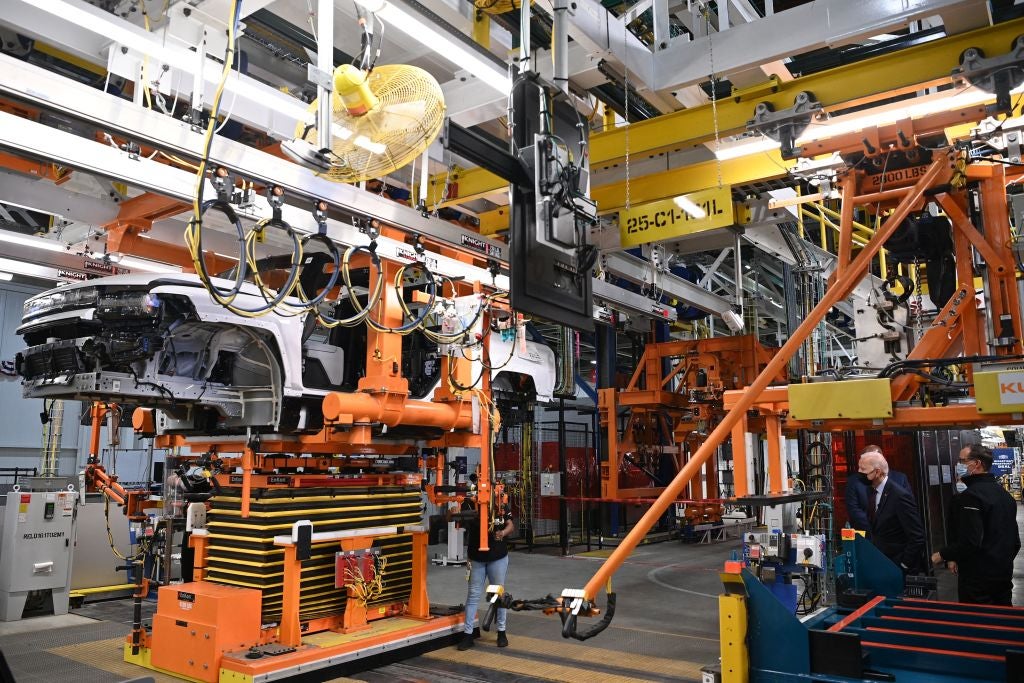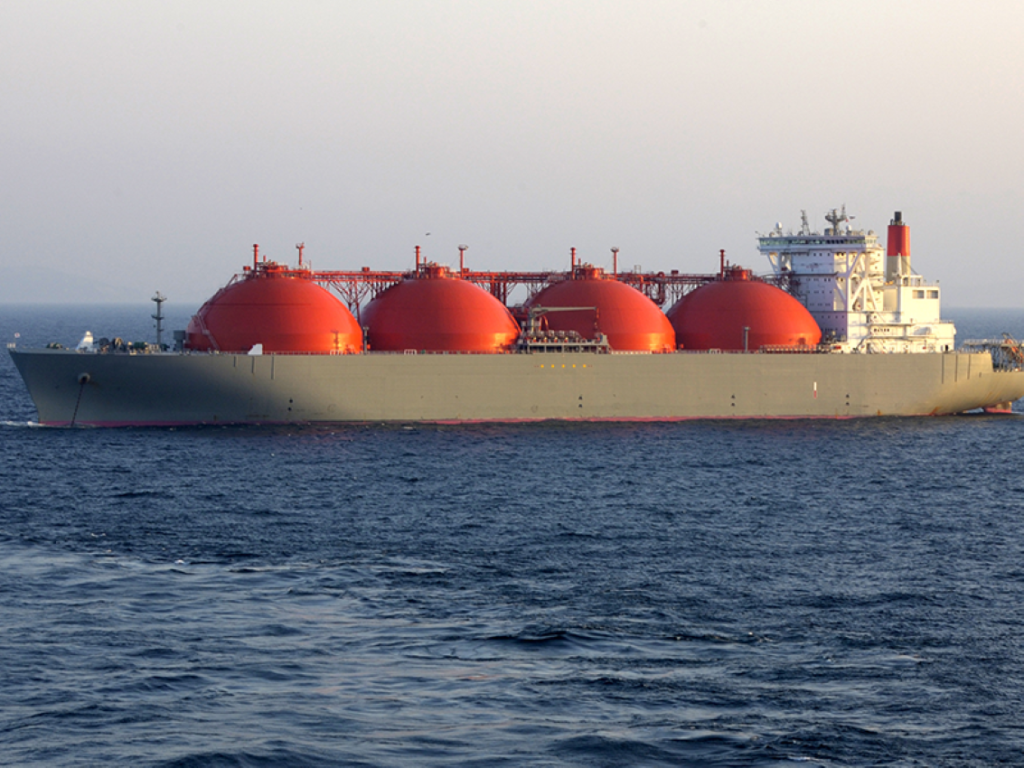President Joe Biden’s Inflation Reduction Act (IRA) is proving a massive boon for US green industry. The $369bn package is four-times larger than the US federal government’s previous largest investment in climate action, and the tax incentives it contains are set to transform renewable energy production, trigger residential energy efficiency upgrades, and spark clean energy technology manufacturing.
A key pillar of the IRA is a push to boost the domestic US electric vehicle (EV) supply chain, to both accelerate the transition to low-carbon transportation, and reduce the US’s dependence on China. As a result, the package offers full tax credits only if – in 2023 – at least 40% of critical minerals for EVs were sourced and processed in the US and permitted jurisdictions, and 50% of the battery’s components were manufactured or assembled in North America through 2023. These requirements are to increase by ten percentage points each year until it reaches 80% of critical minerals in 2027, and 100% of battery components by 2029.

Investments in US EV battery manufacturing have already ballooned as a result: some $73bn in planned US battery plants were announced in 2022 alone, according to consultancy Atlas Public Policy. US EV battery manufacturing will be 20 times greater in 2030 than in 2021, projects the US Department of Energy.
The US battery sector is booming hand-in-hand with the US EV sector. Some experts have suggested that the value of EV tax credits could be four-times higher than Congress’s budget experts anticipated, reports Axios. Major US EV investments in 2022 included more than $10bn – and 11,600 new jobs – across two Hyundai facilities in Georgia to manufacture EVs and batteries; more than $6bn of EV and battery investment across two General Motors facilities in Michigan; and further investments from Ford, Toyota, Vinfast and Honda, collectively worth more than $10bn, to create more than 15,000 jobs, according to data from the US Center for Automotive Research that was shared with Energy Monitor.
The success of the IRA in the US EV and battery sector is ringing alarm bells in Europe. EU policymakers have begun calling for action "to prevent an outflow of investment" from the bloc’s battery ecosystem. There are signs this could be starting: attractive US incentives have led Swedish start-up Northvolt to reconsider its new sustainable lithium-ion battery plant in the German town of Heide, and potentially invest in operations across the Atlantic instead.
See Also:
In the highly competitive auto manufacturing space, any loss of competitiveness can prove fatal. In the UK, an ongoing struggle to import sufficient car parts and semiconductors, as well as factory closures that stemmed in part from the uncertainty caused by Brexit, meant that the number of new cars manufactured in the country sunk to its lowest level (775,014 units) for 66 years in 2022.
How well do you really know your competitors?
Access the most comprehensive Company Profiles on the market, powered by GlobalData. Save hours of research. Gain competitive edge.

Thank you!
Your download email will arrive shortly
Not ready to buy yet? Download a free sample
We are confident about the unique quality of our Company Profiles. However, we want you to make the most beneficial decision for your business, so we offer a free sample that you can download by submitting the below form
By GlobalDataIn January 2023, British battery start-up Britishvolt – which was set to build a 30GW gigafactory in the North East of the country – collapsed into administration. Poor company management was blamed, but a major reason for its failure was that it had signed too few deals with car manufacturers, which is in turn symptomatic of the shrinking UK car industry.
Aware of the mistakes Europe has made in the renewable manufacturing industry, domestic battery and EV production is a policy priority in Brussels. Even with the threat of the IRA, EU battery manufacturing remains in a relatively strong position: last year, analysts from consultancy Delta-EE predicted that the EU would have 35 gigafactories by 2035.
“It is very important for the EU to stay competitive: China and the US might be winning the game now, but the landscape is changing very quickly,” says Björn Nykvist, senior research fellow at the Stockholm Environment Institute. “I think we can expect new initiatives to further strengthen both production of batteries, securing value chains, and supporting domestic vehicle manufacturers.”
[Keep up with Energy Monitor: Subscribe to our weekly newsletter]
Huge amounts of money are already available in subsidies for the European EV sector, points out a January 2023 report from campaign group Transport and Environment (T&E). The EU spent $6bn subsidising the sales of electric cars across its member states in 2022, with dozens of further billions available for EV manufacturers through channels such as research funding, the European Investment Bank, and the Recovery and Resilience Facility launched in the aftermath of the Covid-19 pandemic.
To make the EU more competitive with the US, these funding streams need to become more simple and accessible, argue the authors behind the T&E report. “The problem is not only the lack of money, but the complexity in getting it: the approval processes are often slow, bureaucratic and not bankable in the same way as the US IRA production credits,” they write.
The European Commission’s proposed response includes a "European Sovereignty Fund” to subsidise green businesses across the EU and a “Net-Zero Industry Act”, which would provide a simplified regulatory framework for the production of technologies like solar, wind, batteries, heat pumps and carbon capture and storage. However, concerns remain over the effectiveness of the EU’s proposals.






